A US tool against Iran: Kurdish militancy on the Iran-Iraq border
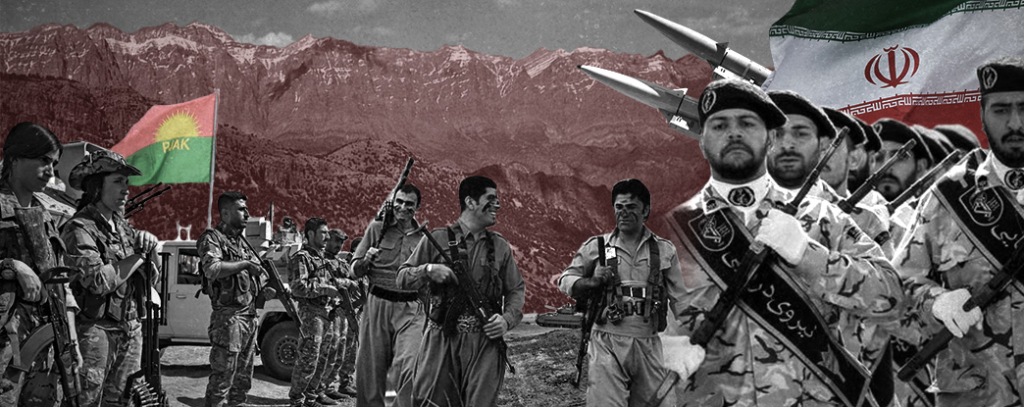
After hours of traveling around the Iraqi border between the autonomous Kurdistan Region of Iraq (KRI) and Iran, you will come to a single conclusion: “This is a one-sided border.”

After hours of traveling around the Iraqi border between the autonomous Kurdistan Region of Iraq (KRI) and Iran, you will come to a single conclusion: “This is a one-sided border.”
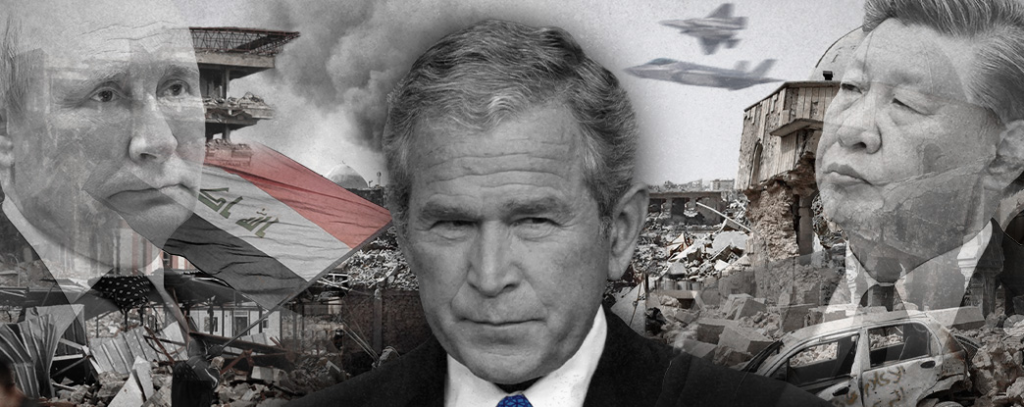
Twenty years after the unlawful and destabilizing US-led invasion of Iraq, Washington must face the ultimate consequence of that war: UNSC powers China and Russia laying the foundation for a genuine, UN Charter-based system of multipolarism.
On the night of 19-20 March, 2003, the US air force began bombing the Iraqi capital, Baghdad. The EU and NATO were deeply divided on whether to join the aggression: While newer NATO members from Central and Eastern Europe were in favor of the war, European heavyweights Paris and Berlin opposed it.
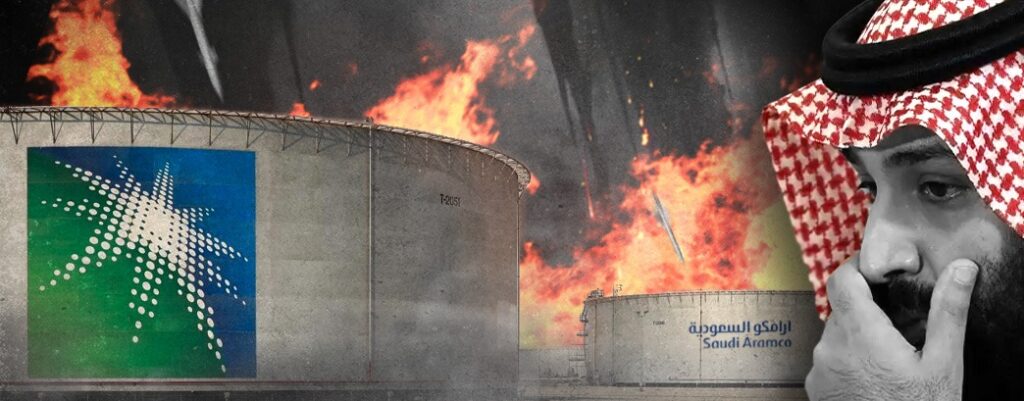
Riyadh refused Washington’s pressure to increase oil production, then faced blistering attacks on its oil facilities and infrastructure from Yemen. Under increasing pressure to end its siege on Yemen, what will the Saudis do?
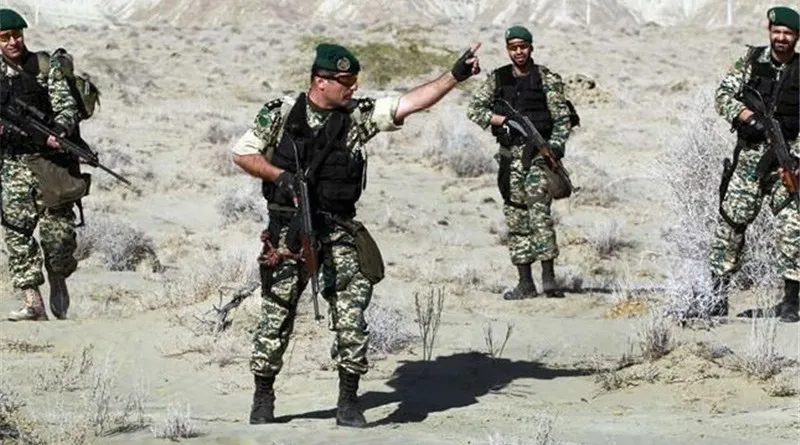
A security official warned that Iran will give a prompt response to any pretext for an attack on the bases inside Syria established at the Damascus government’s request for the purpose of fighting terrorism.
Keivan Khosravi, spokesman for Iran’s Supreme National Security Council, issued the warning on Saturday after American officials claimed that Iran has been involved in attacks on illegal US bases inside the Syrian territory.
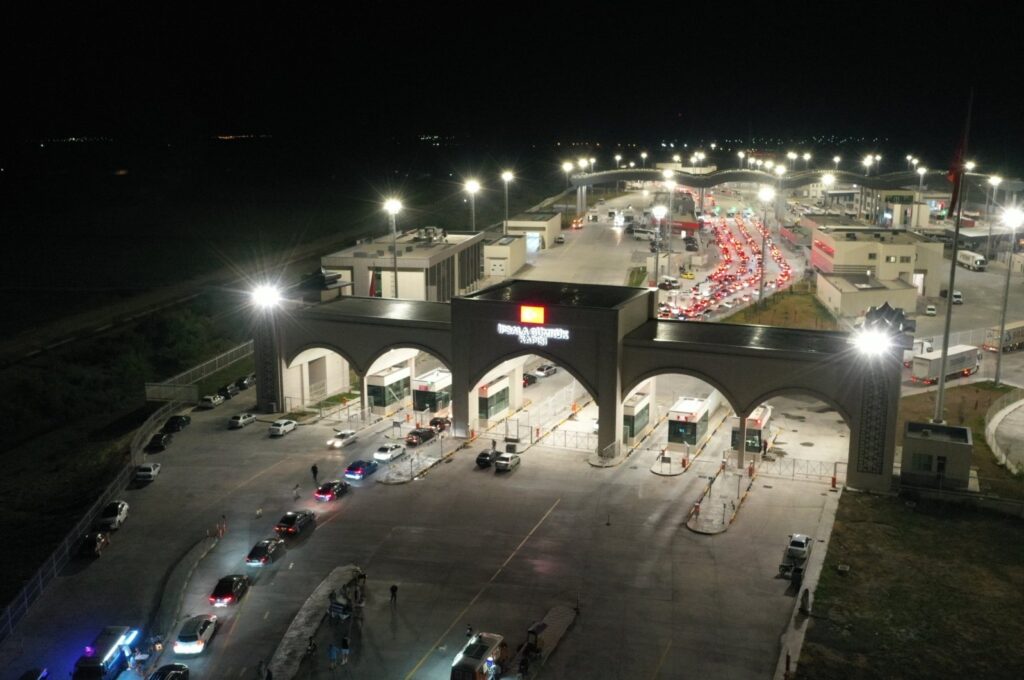
Turkish authorities have caught a total of 20 people, including six terrorists, in the northwestern Edirne province bordering Greece, the Defense Ministry announced Thursday.
Greek border guards were pushing the group back into Türkiye when Turkish border units grabbed them, the ministry said.
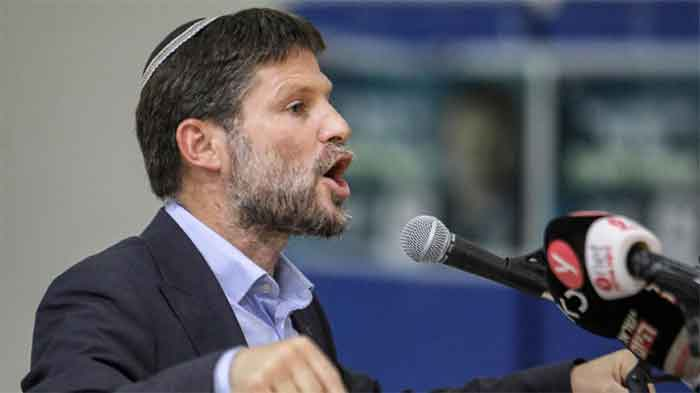
“Palestinians don’t exist.” (https://www.al-monitor.com/originals/2023/03/paris-israels-smotrich-says-palestinian-people-dont-exist-calls-them-fictitious) This was the recent statement by Israeli Finance Minister Bezalel Smotrich that made shocked headlines around the world. And, of course, he meant it as an affirmation of Jewish nationalism, the right of Israeli Jews to dispose of all Palestinians from the Jordan to the Sea. Sounds kind of like the Nazis, no?
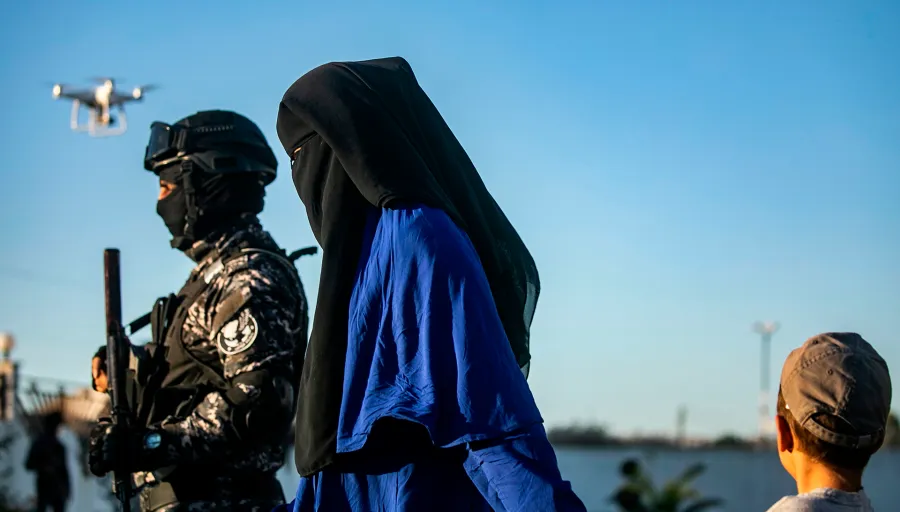
A review of the 10 countries that yielded the most individuals affiliated with ISIS found varying levels of commitment to repatriation and prosecution.
In the two years since the self-declared Islamic State lost its last physical stronghold in Raqqa, Syria, thousands of ISIS foreign fighters, along with their wives and children, have remained in limbo, mostly in Iraqi custody or in Kurdish detention camps in northeastern Syria.
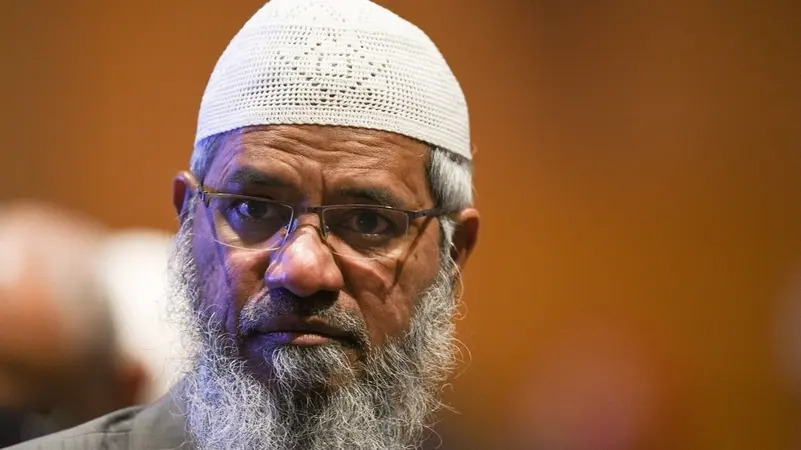
The Indian government is in touch with Oman after reports of the Gulf nation hosting the controversial “fugitive” preacher Zakir Naik, an external affairs ministry spokesperson said on Friday.
“Zakir Naik is an accused in numerous cases in India. He’s a fugitive from justice. We have taken up the matter with the Government of Oman, with Oman authorities and we will continue to take all necessary measures to bring him to face justice in India,” ministry spokesperson Arindam Bagchi said during a weekly media briefing.
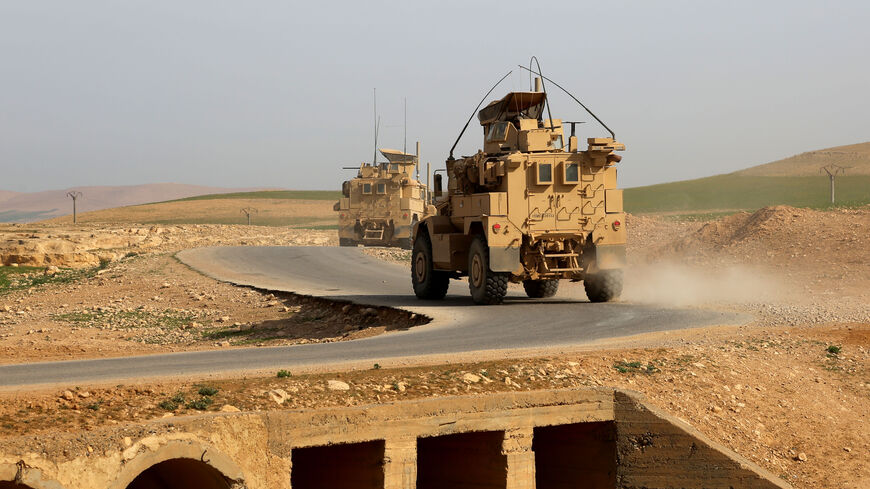
The US military said it struck Iranian-affiliated targets in eastern Syria in response to an earlier drone attack.
The US military sustained a rocket attack on a compound in Syria on Friday following the airstrikes that Washington launched on Thursday in the war-ravaged country. The US strikes came in response to an “Iranian origin” drone assault that killed one US contractor.
President Joe Biden on Friday warned Iran that the United States would “act forcefully” to protect Americans, after the U.S. military carried out air strikes against Iran-backed forces in retaliation for an attack in Syria.